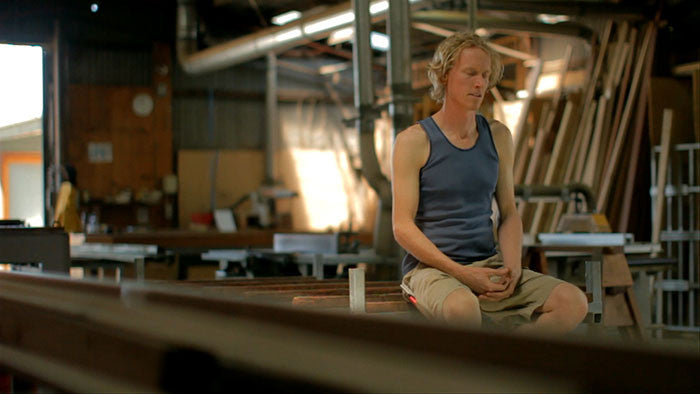
I met someone recently who has stayed in my mind. A young, charismatic man with multiple sclerosis. He had come to one of the premieres of The Connection on our recent world tour. The reason our meeting stayed with me is because he was already across some of the research featured in the film about how important our mind is when it comes to our health. He’d already read the books written by Professor George Jelinek, who has developed an evidence based program to help other people recover from MS. This young man was strict about his plant based, whole food diet and taking his vitamins. He was learning to meditate and practice mindfulness. He had taken steps to reduce the stress in his life. He was already doing the really hard work. But… He was still smoking.
The research on smoking in relation to MS is alarming. The Overcoming Multiple Sclerosis website points to a recent study of nurses in the US which found that compared with women who had never smoked, the risk of getting MS was 1.6 times greater for people who smoked. This was supported by a Norwegian study, which showed a similar risk, with smokers 1.8 times more likely to develop MS than non-smokers. And it gets worse. According to a Harvard study, if someone is already diagnosed with MS and continues to smoke, they were significantly more likely to have progressive disease, and to progress at an earlier age.
So what was he waiting for? Why would this young man jeopardize his chances of recovery?
I couldn't help but think of Scott Stephens, who's featured in the film after he recovered from Stage 4 melanoma against the odds. He was in his early 20s when he was first told he had cancer. He was a typical Aussie bloke - a carpenter and surfer, who loved meat pies and drinking beer. Over a number of years, the cancer progressed and he was offered chemotherapy only as a palliative treatment.
Scott was facing death. But in desperation, he attended a retreat at The Gawler Foundation and learned about things he could do for himself, beyond the medical system. He started eating organic, vegan food and juicing. He began learning to understand his emotions, meditating for hours a day and practicing Qi Gong.
Scott’s approach was uncompromising and even more remarkably, after 8 years of being cancer free, it still is.
For Scott, it took a sledgehammer. It took a doctor telling him that drugs would only give him a 5-10% chance of survival. He laughs as he talks about shedding a tear when he cleared the beer out of his fridge and describes eating his cous cous salad while his colleagues at work tuck into hamburgers. But he looks completely at peace when I review the images we took of him meditating in amongst the timber stacks and circular saws at his workplace. Here is a snippet of video taken from my extended interview with Scott in the Conversation Series where he talks about the changes he made. As you will hear in the video, despite the difficulties some of the people around him have had in accepting his choices, Scott loves his life. He has no regrets. He is alive.
The question that Scott put to the audience during a panel discussion after our Sydney premiere is still ringing in my ears. Why wait until you get hit over the head with a sledgehammer to make these changes? Whether it's working too much, neglecting your loved ones or needing to take a more honest look at some of your diet or other lifestyle choices, my question to you is what is holding you back from making the changes you want to make? If you don't make them now... when will you?




 The Connection (DOWNLOAD-TO-OWN)
The Connection (DOWNLOAD-TO-OWN) My Year Of Living Mindfully - Book
My Year Of Living Mindfully - Book




